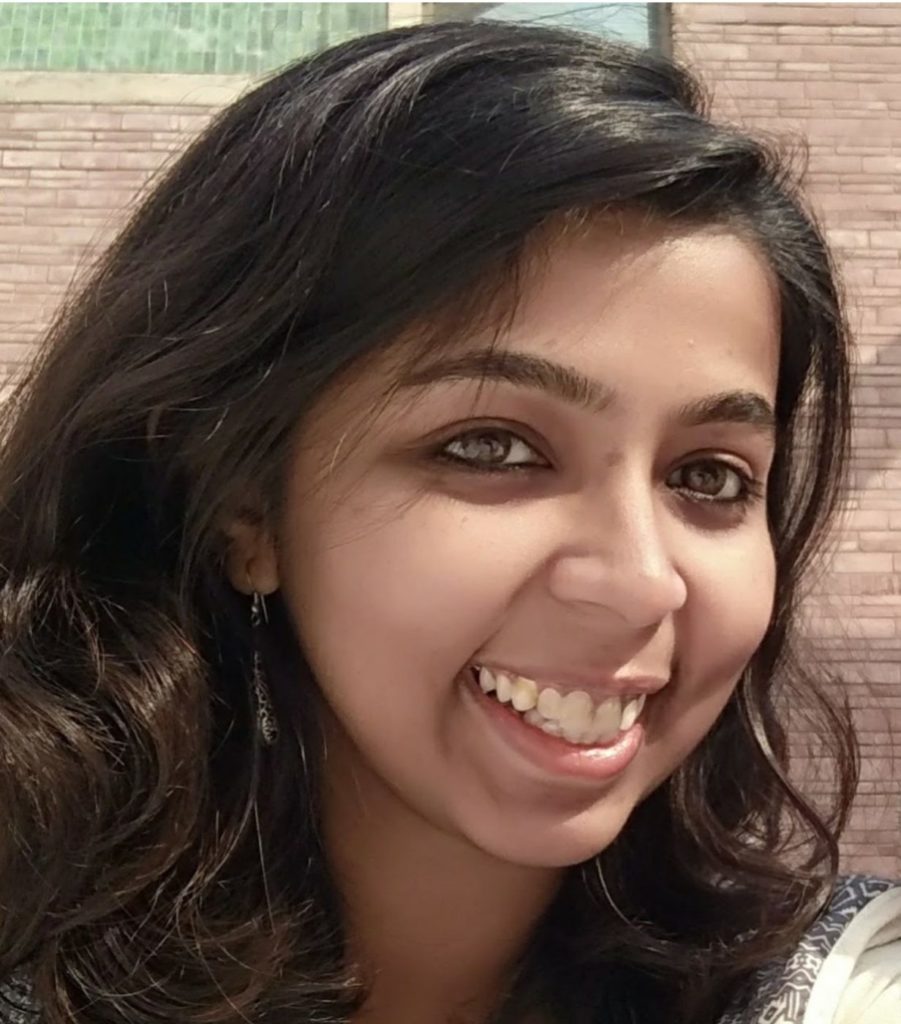
Thomas Steininger in conversation with Kejal Savla and Ashok Krishnan
We think democracy has its origin in Europe. To some degree this is true, but it is also a colonial myth. India, for example, experimented with democracy in various ways dating back to the 6th century BCE and even earlier in country villages. That experimentation continues today with the Blue Ribbon Movement, an organization for young leaders/change makers based in Mumbai, India. BRM experiments with SAN (Sarvanumati), a model of full consensus democracy that comes from democratic traditions in villages and the work of Gandhi.

By calling for full consensus, SAN goes beyond the majoritiy/minority model of democracy that can make polarization all too easy. The young leaders of BRM are working with Mohan Hirabai Hiralal, a Gandhian activist who actively took part in the 1970s Gandhian Bihar land-reform movement (one of the biggest nonviolent social movements in history) and studied the practice of traditional democracy in the Indian countryside. In the 1980s, Mohan helped Mendha, a tribal village in Maharashtra, to transform the old traditions of consensus decision-making into a powerful political tool for today.
Now he is helping the Blue Ribbon Movement in Mumbai, India’s thriving world metropolis, to infuse the principles and practices of deep democracy into their network of young leaders. These digital natives are connected not only to each other by mobiles and WIFI, but also around the world.

